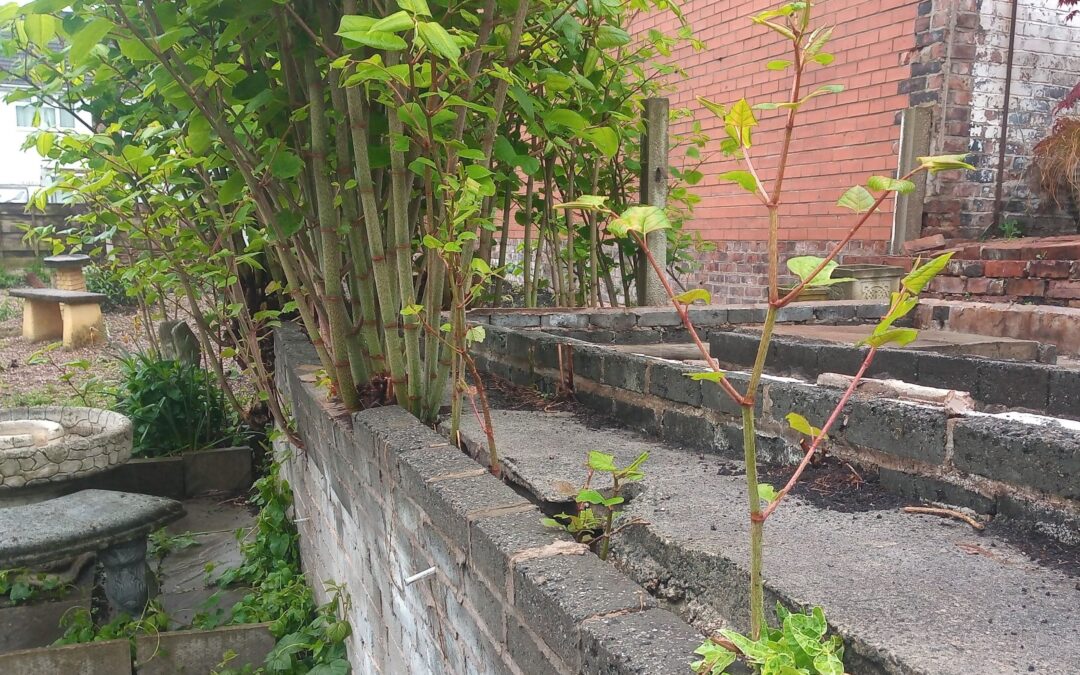The Role of Japanese Knotweed in Traditional Medicine and Herbal Remedies
Discover the role of Japanese Knotweed in traditional medicine and herbal remedies. Learn about the medicinal properties of this invasive plant species and how it has been used for centuries to treat various health conditions.
Japanese Knotweed is a highly invasive plant species often considered a nuisance due to its ability to spread rapidly and cause potential damage to buildings and infrastructure. However, despite its invasive nature, Japanese Knotweed has been used for centuries in traditional medicine and herbal remedies for various health conditions. In this article, we’ll explore the role of Japanese Knotweed in conventional medicine and herbal remedies.
The Medicinal Properties of Japanese Knotweed:
- Anti-inflammatory: Japanese Knotweed contains anti-inflammatory compounds, making it a valuable treatment for joint pain and arthritis.
- Antioxidant: The plant also contains antioxidants, which can help to protect cells from damage caused by free radicals and reduce the risk of certain health conditions.
- Cardiovascular Health: Japanese Knotweed has been shown to positively affect cardiovascular health, helping to lower blood pressure and improve circulation.
- Digestive Health: The plant has also been used to treat digestive issues like constipation and indigestion.
How Japanese Knotweed is Used in Traditional Medicine and Herbal Remedies:

- Tea: One of the most common ways to use Japanese Knotweed in traditional medicine is by brewing it into tea. This allows the plant’s medicinal properties to be absorbed into the body.
- Capsules: Japanese Knotweed is also available in capsule form, which makes it easy to take and ensures consistent dosing.
- Tinctures: Tinctures are another popular way to use Japanese Knotweed in traditional medicine. They are made by soaking the plant in alcohol, which helps to extract the medicinal compounds.
Precautions and Considerations:
- Consult a Health Professional: Before using Japanese Knotweed in any form, it’s essential to consult with a health professional. This will help ensure that the plant is appropriate for you and that you take the correct dosage.
- Interactions with Medications: Japanese Knotweed can interact with certain medications, so it’s essential to be aware of these interactions and to talk to your doctor if you are taking any prescription medications.
- Identify Safe Sources: When purchasing Japanese Knotweed for medicinal use, you must ensure that you get it from a safe and reputable source. This will help to ensure that you are getting a high-quality product that is free from contaminants.
To summarise
Japanese Knotweed is a highly invasive plant species used for centuries in traditional medicine and herbal remedies. Despite its reputation as a nuisance, the plant contains medicinal properties that can treat various health conditions. However, it’s important to use Japanese knotweed cautiously and consult a health professional before using it. By using it responsibly, we can take advantage of its medicinal properties while also protecting our local environment.

